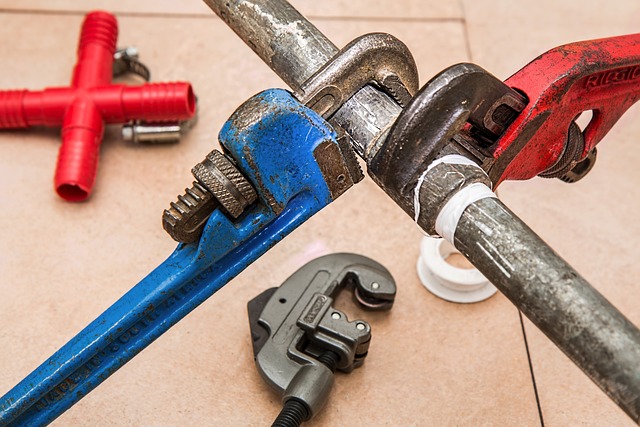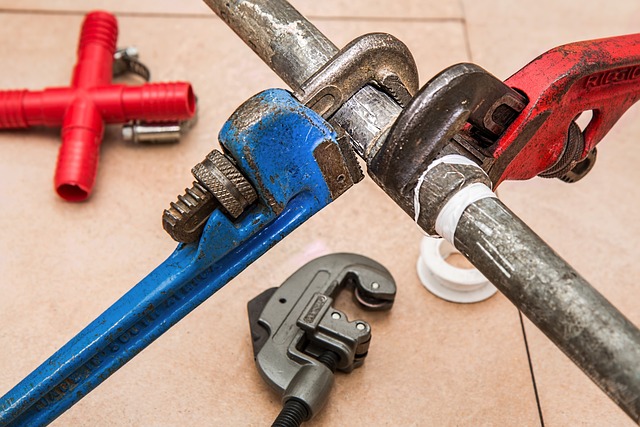The Importance of Regular Pipe Inspections for Smooth Operations in Philly
Pipe Patrol: Ensuring Smooth Operations in Philly
Regular pipe inspections are crucial for maintaining smooth operations in Philadelphia. The city’s infrastructure heavily relies on a vast network of pipes that transport water, sewage, and other essential resources. Without proper maintenance and inspections, these pipes can deteriorate, leading to costly repairs, disruptions in services, and potential health hazards.
One of the primary reasons why regular pipe inspections are essential is to identify and address any potential issues before they escalate into major problems. Over time, pipes can develop cracks, leaks, or blockages due to various factors such as age, corrosion, tree root intrusion, or shifting soil. These issues may seem minor at first, but if left unattended, they can worsen and cause significant damage to the pipes and surrounding infrastructure.
By conducting regular inspections, city officials and utility companies can detect these problems early on and take prompt action to prevent further deterioration. Advanced technologies, such as closed-circuit television (CCTV) cameras and robotic crawlers, allow inspectors to thoroughly examine the condition of the pipes without the need for extensive excavation. This not only saves time and resources but also minimizes disruptions to the community.
Furthermore, regular pipe inspections help ensure the safety and quality of the water supply in Philadelphia. Aging pipes can develop cracks or leaks, allowing contaminants to enter the water system. This poses a significant health risk to the residents and can lead to waterborne diseases. By regularly inspecting the pipes, any potential sources of contamination can be identified and addressed promptly, ensuring that the water supply remains safe and clean.
In addition to maintaining the water supply, regular pipe inspections also play a crucial role in preventing sewage backups and overflows. Over time, pipes can become clogged with debris, grease, or other materials, leading to blockages. These blockages can cause sewage to back up into homes, streets, or even bodies of water, creating a public health hazard and environmental pollution.
Through regular inspections, any signs of blockages or potential issues can be identified and resolved before they cause significant disruptions. This proactive approach not only prevents costly repairs but also helps maintain the overall functionality of the sewage system, ensuring that wastewater is properly transported and treated.
Moreover, regular pipe inspections contribute to the overall sustainability and efficiency of Philadelphia’s infrastructure. By identifying and addressing issues promptly, the city can reduce water and energy waste caused by leaks or inefficient pipe systems. This not only saves valuable resources but also reduces the environmental impact associated with repairing or replacing damaged pipes.
In conclusion, regular pipe inspections are vital for ensuring smooth operations in Philadelphia. By detecting and addressing potential issues early on, these inspections help prevent costly repairs, disruptions in services, and health hazards. They also contribute to the safety and quality of the water supply, prevent sewage backups, and promote sustainability and efficiency in the city’s infrastructure. Therefore, it is imperative for city officials and utility companies to prioritize regular pipe inspections to maintain the functionality and well-being of Philadelphia’s pipe network.



